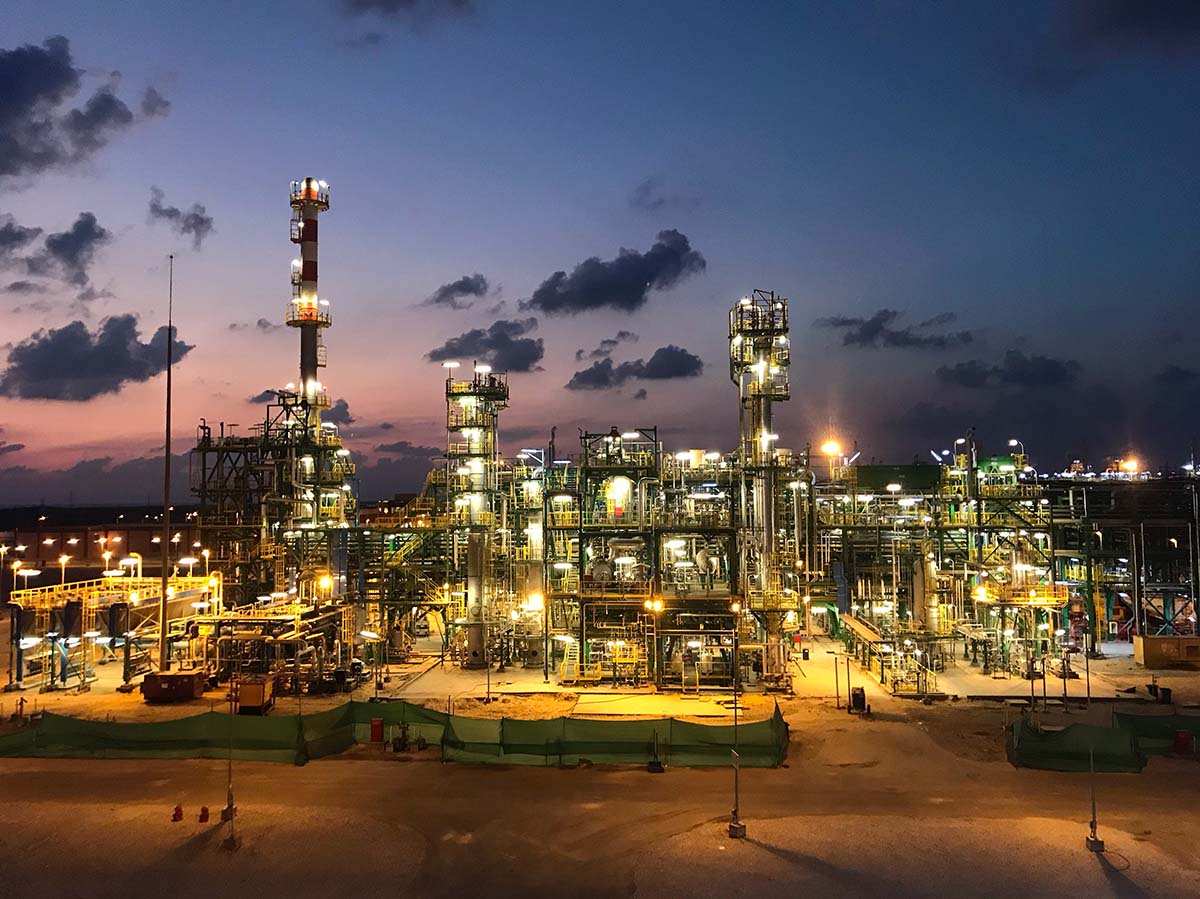The first five months of 2023 saw a drop in Egypt’s energy and natural gas production, the lowest in three years. Gas production dropped 9 percent from January to May of this year compared to last. The global heatwave has caused electricity cuts and power shortages as demand for cooling goes up.
The power’s out
The government has been restricting it’s electricity supply through daily power cuts. According to the Human Rights Watch, these cuts last much longer in rural areas. Reports state that hospitals have been exempted from energy rations, although private clinics are not.
Commencing on July 22, these reductions followed a week of abrupt power outages. The measures are meant to alleviate strain on the nation’s electricity infrastructure in light of escalating demand. Nevertheless, authorities within the government have indicated that the shortages are a result of insufficient gas supply required to operate power plants. This situation has prompted the government to strategize since as early as August 2022 to implement electricity rationing, a move intended to facilitate the export of natural gas and bolster foreign currency reserves.
On July 27, the government announced that the plan for rationing would be upheld until September at least. In an effort to tackle the crisis, the government has introduced a series of measures, including allowing certain public sector employees to work remotely on Sundays.
Egypt’s energy
The nation has been vying for a role as one of the region’s top energy suppliers. Egypt began selling gas following the discovery of the Zohr field in 2015. The giant field was purchased by Italian company Eni. Zohr’s production is currently at 2.3 billion cubic feet per day (bcfd), showing a decrease from the 2.7 bcfd recorded in 2019.
In July, the government made public its $1.8 billion initiative aimed at drilling wells for natural gas exploration in the Mediterranean Sea and Nile Delta. Additionally, an offshore field named Nargis was uncovered, estimated to contain approximately 2.5 trillion cubic feet (tcf) of reserves.
Read more: Egypt takes significant step towards promoting renewable energy
Nevertheless, during the same month, Fitch, a ratings agency, adjusted its projection for Egypt’s gas production in 2023. It now anticipates a 4 percent decrease, marking a departure from its previous forecast of 1 percent year-on-year growth. This shift was attributed to a limited project pipeline and the significant depletion rates observed at existing fields.
Last month, the Egyptian government announced that they would stop exporting gas in order to meet domestic demand. This follows last year’s decision to ration electricity to increase exports. “This gas rationing for export coupled with the increase in electricity demand and the shortage of gas has contributed to the power shortages in Egypt,” said Lerato Monaisa, BMI Research’s senior analyst. The nation’s senior authorities have yet to comment.
For more news on energy, click here.








